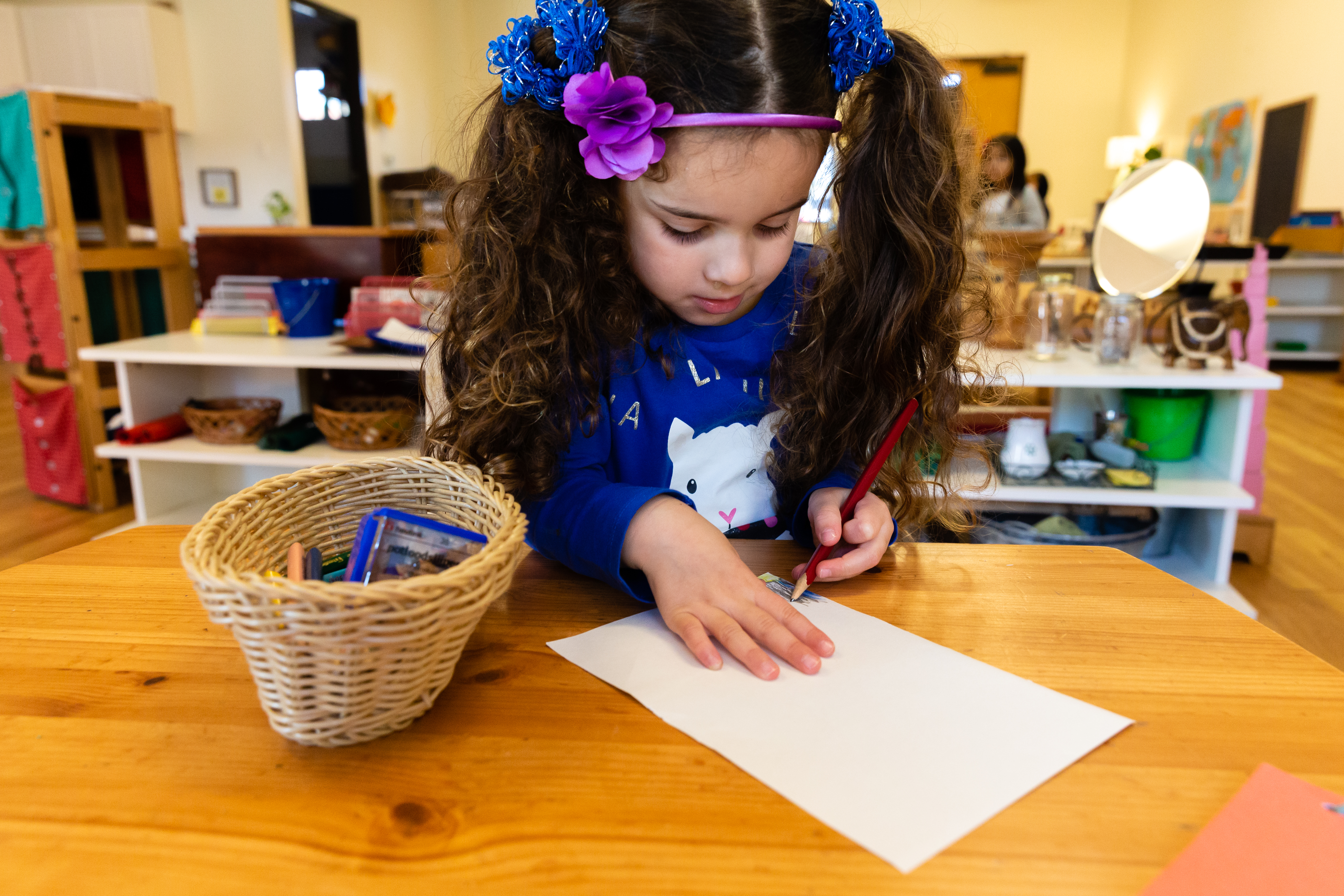(858) 759-0631
Don’t Make Your Kids the Center of Your Universe
Lawnmower and Helicopter Parents: Please, Don’t Let Your Child Rule Your Life!
Mom and Dad: Help Your Children Grow by Letting Them Find Their Own Strengths
How can we parents set our children up for success? Specifically, what strategies and tactics can we employ to help them learn to control their own behavior and consequences?
Take a look at the Montessori Method. Developed by Dr. Maria Montessori, the Montessori Method of education, is a child-centered educational approach based on scientific observations of children from birth to adulthood. Dr. Montessori's Method has been time tested, with over 100 years of success in diverse cultures throughout the world.
Psychotherapist and published Author, Amy Morin, shares the theory that raising mentally strong kids who are equipped to take on real-world challenges requires parents to give up the unhealthy—yet popular—parenting practices that are robbing kids of mental strength. In her book “13 Things Mentally Strong Parents Don’t Do,” she explains that it requires mentally strong parents, too. Watching kids struggle, pushing them to face their fears, and holding them accountable for their mistakes is tough. But those are the types of experiences kids need to reach their greatest potential.
Here are several solutions to consider toward building mentally strong kids:
-
Parenting Out Of Guilt/Making Your Child the Center of the Universe
Studies show that parenting out of guilt will affect your child as giving into guilty feelings teaches your child that guilt is intolerable.
For example, do you ever find yourself doing any of following:
- Showering your child with praise?
- Dropping everything to respond to your child’s requests?
- Thinking your kid is better than average at most things?
- Overindulging him?
- Believing your child deserves special treatment?
These are attitudes that may result in your child’s over-inflated view of him or herself.
What if he becomes disappointed years later in the real world—where he is no longer the center of anyone’s universe
In our Montessori school, children have responsibilities and expectations placed upon them to help others and themselves. They learn that they bring value to their community and find they have strengths and weaknesses within that community. We don't need to praise children because they recognize the value of achieving a goal for themselves, not for others. The teachers in the room are guides for children to teach themselves.
-
The Problem of Fear Guiding Your Actions
Mentally strong parents are guides, not protectors and practice the following:
- Let their kids experience life by letting go and not hovering above them.
- Give their kids support and help them cope with pain so the child can gain confidence in his or her ability to deal with hardships
- Teach their children how to be responsible for their own emotions. In this way, kids become self-reliant.
- Let their kids make mistakes
In our Montessori school, children have responsibilities and expectations placed upon them to help others and themselves. They learn that they bring value to their community and find they have strengths and weaknesses within that community. We don't need to praise children because they recognize the value of achieving a goal for themselves, not for others. The teachers in the room are guides for children to teach themselves.
-
Building Your Child’s Best Self
Mentally strong parents do not expect perfection but focus on their child being the best he or she can be. Here are ways you can encourage your child to be his or her best self.
Praise them for:
- Their choices towards taking responsibility
- Focusing on developing self-discipline
- The effort rather than the performance
- Compassionate behavior
- Positive actions your child can control. In a Montessori classroom the children build responsibility and meet expectations through their work and community. By giving children choices, they build self discipline and learn through mistakes. When children aren't afraid of mistakes, they'll value each successful step and be driven to try and try again.
-
Build Values in Yourself and Your Children
How you handle adversity in front of your children rubs off on them. Act like an adult, carry yourself like an adult and demonstrate positive values. Through your words and actions, you can mold your child’s self-esteem, curiosity and how to deal with problems. Dr. Montessori said the adult needs to entice the child to learning. The adult should be graceful, confident, supportive and encouraging. The adult should always act the way they want the children to act, be the role model for that desired child.
The Montessori Method provides a strong start towards building respect, relationships, friendships, empathy, respect for others via wide-ranging social and developmental skills. Through our 110 year old method toward building minds and bodies by letting kids do for themselves, Lifetime Montessori School in Santaluz raises one child at a time for the good.

